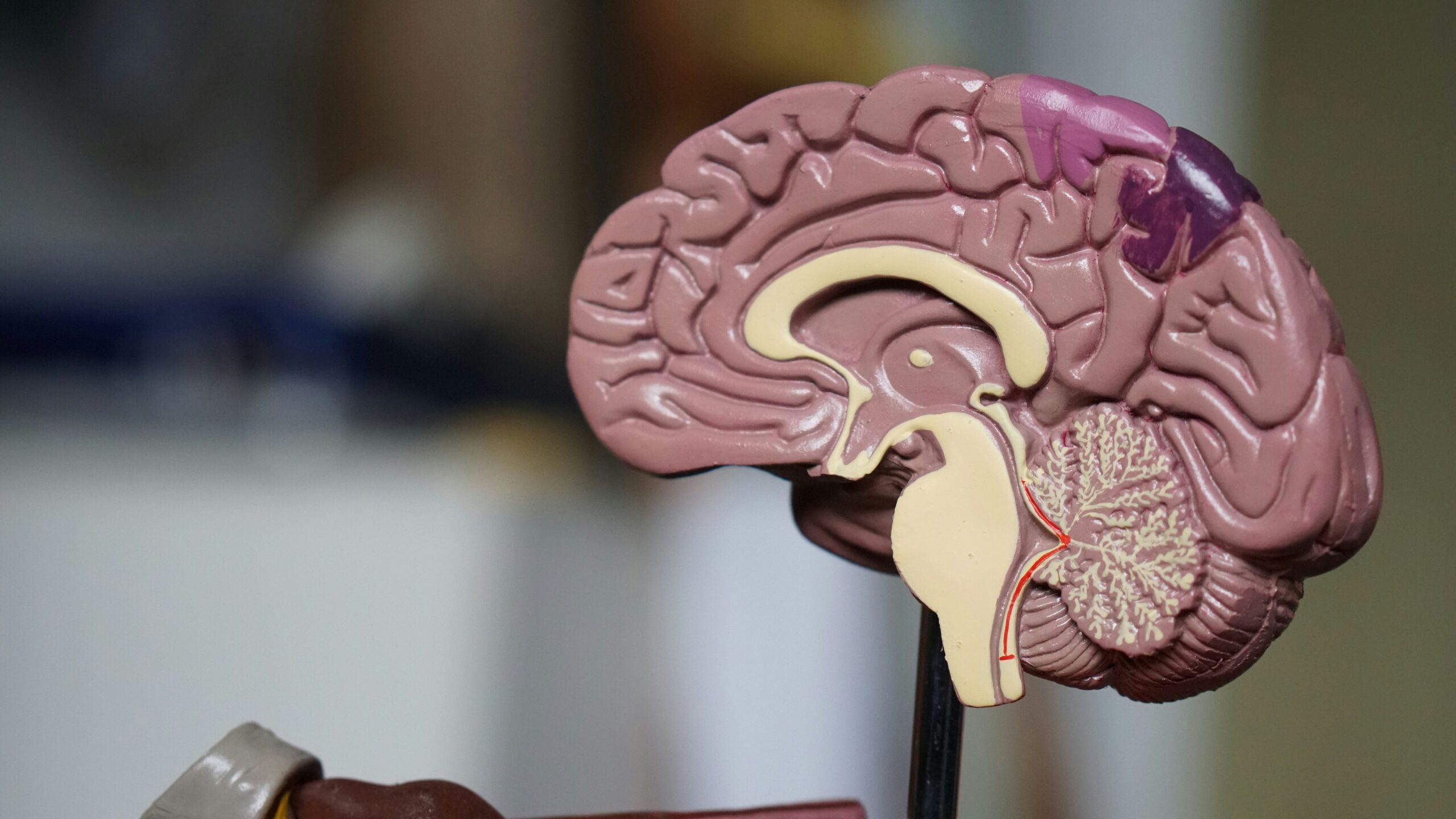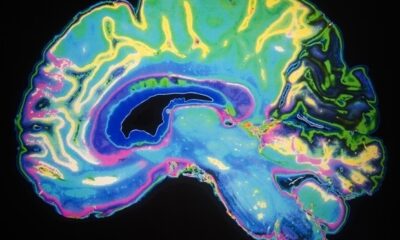Health
Research Shows Pandemic May Have Aged Brains by Nearly Six Months

A recent study published in Nature Communications has revealed that the COVID-19 pandemic may have accelerated brain aging in individuals, regardless of whether they contracted the virus. Researchers found that the pandemic appears to have aged people’s brains by an average of 5.5 months, based on analyses of brain scans from nearly 1,000 healthy participants.
The research team utilized data from the UK Biobank, examining brain scans taken before and during the pandemic. By employing machine learning techniques and imaging data from over 15,000 brain scans, the scientists were able to predict the brain age of the participants. This analysis focused on comparable scans, ensuring participants were matched for gender, age, and health status.
Dr. Ali-Reza Mohammadi-Nejad, the study’s lead author, expressed surprise at the findings. “What surprised me most was that even people who hadn’t had COVID showed significant increases in brain aging rates,” he stated. This suggests that the pandemic’s broader impacts—such as isolation and uncertainty—may have negatively influenced brain health for many individuals.
The study did not delve into the specific reasons behind the observed acceleration in brain aging. However, the researchers indicated that men and those from socioeconomically disadvantaged backgrounds appeared to be affected more severely. They speculated that reduced social interaction and physical activity, alongside increased alcohol consumption during lockdowns, could contribute to these changes.
Dr. Dorothee Auer, a Professor of Neuroimaging and senior author on the study, emphasized the importance of environment in shaping brain health. “This study reminds us that brain health is shaped not only by illness, but by our everyday environment,” she said. “The pandemic put a strain on people’s lives, especially those already facing disadvantage. We can’t yet test whether the changes we saw will reverse, but it’s certainly possible, and that’s an encouraging thought.”
As the world begins to recover from the pandemic, these findings raise important questions about the long-term effects of social isolation and lifestyle changes induced by COVID-19. Understanding the potential for recovery and reversal of these changes will be crucial for public health strategies aimed at improving mental and cognitive health in the wake of this global crisis.
-

 World2 months ago
World2 months agoCoronation Street’s Shocking Murder Twist Reveals Family Secrets
-

 Entertainment2 months ago
Entertainment2 months agoAndrew Pierce Confirms Departure from ITV’s Good Morning Britain
-

 Health5 months ago
Health5 months agoKatie Price Faces New Health Concerns After Cancer Symptoms Resurface
-

 Health2 weeks ago
Health2 weeks agoSue Radford Reveals Weight Loss Journey, Shedding 12–13 kg
-

 Entertainment6 months ago
Entertainment6 months agoKate Garraway Sells £2 Million Home Amid Financial Struggles
-

 Entertainment5 months ago
Entertainment5 months agoAnn Ming Reflects on ITV’s ‘I Fought the Law’ Drama
-

 World3 months ago
World3 months agoBailey Announces Heartbreaking Split from Rebecca After Reunion
-

 Entertainment2 months ago
Entertainment2 months agoDavid Jason and Nicholas Lyndhurst Eye Reunion for Only Fools Anniversary
-

 Entertainment3 months ago
Entertainment3 months agoCoronation Street Fans React as Todd Faces Heartbreaking Choice
-

 Entertainment2 months ago
Entertainment2 months agoBradley Walsh Sparks Strictly Come Dancing Hosting Speculation
-

 World3 months ago
World3 months agoEastEnders’ Nicola Mitchell Faces Unexpected Pregnancy Crisis
-

 Entertainment2 months ago
Entertainment2 months agoTwo Stars Evicted from I’m A Celebrity Just Days Before Finale





















